Even though it's not as prominently remembered today, the GameCube held immense significance in gaming's past. It emerged during gaming's burgeoning phase and saw the birth of iconic games and influential franchises. While some of these games might show signs of aging, revisiting them reveals remarkable narratives and innovative gameplay mechanics. The GameCube era birthed titles that served as inspiration for many of today's major game releases.
1. Paper Mario: The Thousand-Year Door
The Mario series is renowned for its platformers and racing games rather than its RPGs. Yet, the Paper Mario spin-off series has excelled in delivering accessible and high-quality RPG experiences within the franchise. Among these, none have achieved greater acclaim than The Thousand-Year Door.
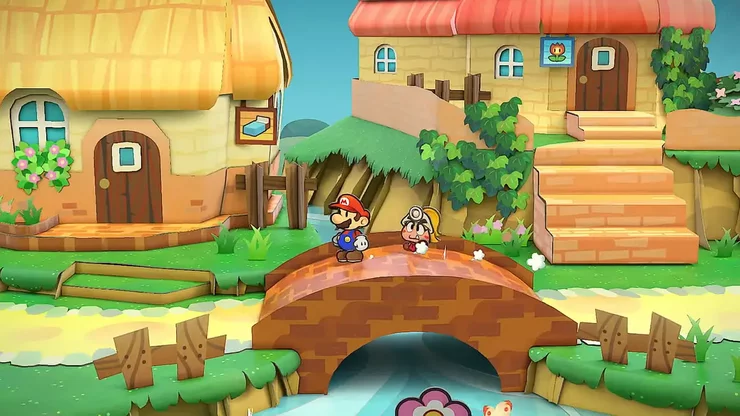
This installment's distinct drawing-inspired art, engaging storyline, diverse character roster, and notable enhancements from its predecessor made it a nearly flawless addition to the expansive Mario universe. As the Mario franchise continues its strong momentum, there's potential for additional Paper Mario releases following the remake of The Thousand-Year Door, preserving the legacy of exceptional GameCube RPGs like this one.
2. Baldur’s Gate: Dark Alliance
Following the release of the initial two major installments in the Baldur’s Gate series, Dark Alliance marked a daring move by the developers to test the franchise's success on consoles. Offering a surprisingly dark Dungeons & Dragons-themed adventure, this narrative allowed players to embody a dwarf, human, or elf character.
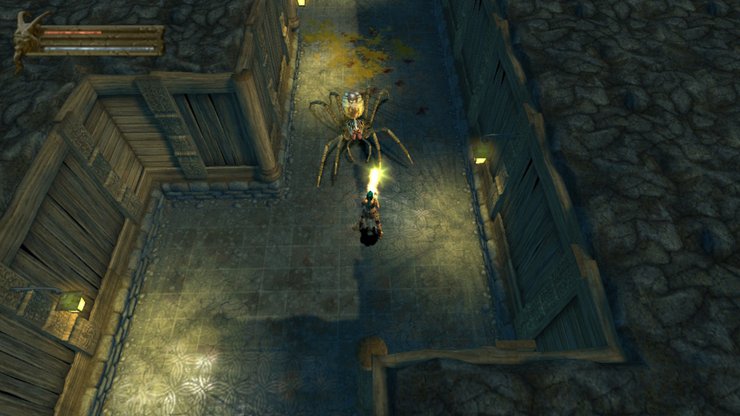
Serving as an excellent entry point into the RPG genre, Dark Alliance leveraged the familiar Forgotten Realms backdrop of Baldur’s Gate, appealing to fantasy enthusiasts of various levels. It represented a significant advancement for the franchise and Western RPGs as a whole, akin to what Baldur’s Gate 3 achieved more recently, prompting a remake of this classic entry.
3. Tales of Symphonia
A standout addition in the JRPG Tales Of series, Tales of Symphonia debuted in 2003 and reached Western audiences in 2004. Branded as "an RPG that deeply connects with players," the game revolved around protagonists striving to rescue their world while uncovering that their actions imperiled an adjacent realm.
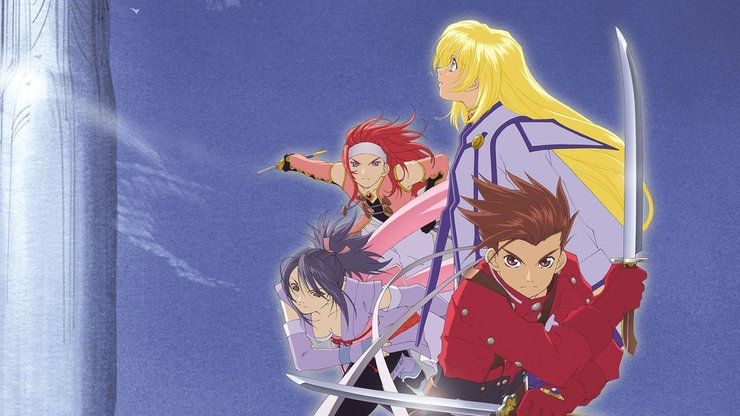
Boasting a vibrant, engaging art style and captivating characters, Tales of Symphonia swiftly garnered acclaim. Despite undergoing various ports and translations across multiple consoles, the game encountered minimal issues, propelling the Tales Of series to establish a significant presence in the West. This success paved the way for a highly anticipated remake of Tales of Symphonia, hailed as a must-play title.
4. Fire Emblem: Path Of Radiance
Fire Emblem, among the top-tier JRPG franchises, was relatively fresh to the Western audience when Path of Radiance made its debut. As the ninth installment in the series, it was only the third to reach audiences outside Japan at that time. This captivating tactical JRPG introduced an uncommon feature—permadeath—where characters lost in battles didn't return.
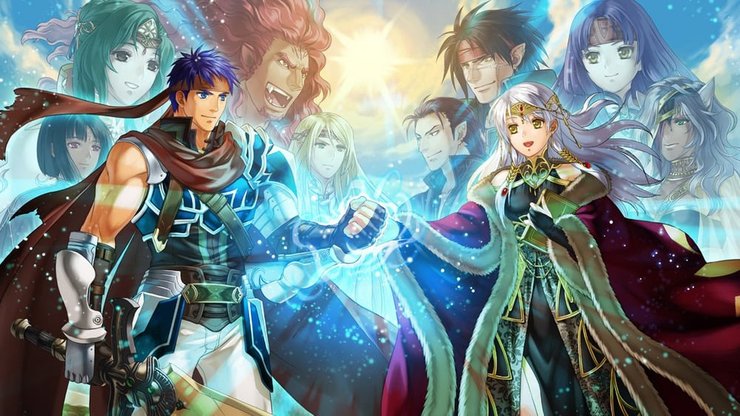
Gameplay revolved around strategic placement of characters on the battlefield, determining the outcome of battles. While the protagonist couldn't be permanently defeated, the demise of any other character from the extensive playable roster meant their departure from the game for good. The narrative followed Ike and his mercenary group as they aimed to restore Princess Elincia to the throne of Crimea, offering an engaging storyline with a plethora of compelling characters. However, the primary focus remained on the tactical combat system.
5. Skies of Arcadia
Skies of Arcadia, originally a standout title for the Dreamcast, received an exceptional GameCube port known as Skies of Arcadia Legends. Renowned for its outstanding turn-based combat and extensive character development, alongside remarkable world-building, this JRPG is brimming with passion and genuine affection, yet surprisingly never spawned a sequel.
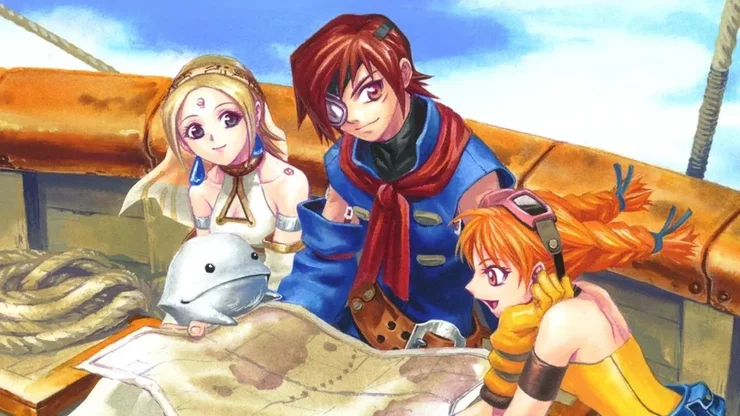
The game presents a narrative reminiscent of a Robin Hood-esque tale, following a duo of air pirates battling against the Valuan Empire. Some parallels can be drawn between Skies of Arcadia and entries in franchises like Final Fantasy. The aerial setting provides a breathtaking backdrop for exploration, complemented by a soundtrack that perfectly aligns with the game's extravagant style.
6. Final Fantasy Crystal Chronicles
Despite a limited number of Final Fantasy releases on the GameCube, this particular spin-off initiated its own successful franchise. Crystal Chronicles unfolds the journey of a band of adventurers tasked with safeguarding a caravan carrying myrrh, essential for powering the crystals that safeguard their realm.
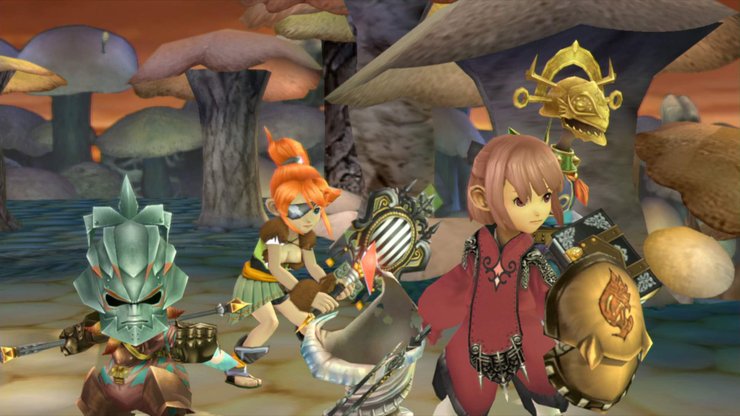
In the face of a threatening parasite endangering their world, the protagonists embark on an adventure that, while less focused on an intricate plot, matches the immense enjoyment found in many esteemed Final Fantasy titles. The game's straightforward concepts, both single and multiplayer modes, and the captivating world centered around the crystals culminated in an exceptional addition to the enduring franchise. Notably, this entry received a recent remaster.
7. Baten Kaitos: Eternal Wings And The Lost Ocean
Upon its release, the JRPG Baten Kaitos garnered critical acclaim but struggled in terms of sales. It was crafted exclusively for the GameCube due to the scarcity of available JRPGs for the system.
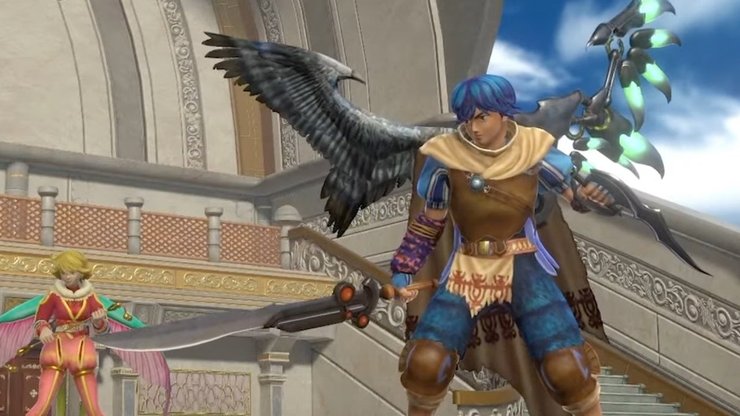
In Baten Kaitos, players assume control of a party of characters guided by a guardian spirit in a world centered around magical cards. The game's standout card-based combat system contributed significantly to its adoration among players. With an engaging and enchanting storyline complemented by impressive world-building, Baten Kaitos earned a devoted following, leading to the creation of a prequel despite its lukewarm sales. Both the original game and its prequel received later remasters, a testament to their enduring popularity among fans.
8. Gladius
An often-overlooked tactical RPG developed by LucasArts, Gladius warrants a fresh appraisal. Players assume command of a gladiator school, leading them into battles against rival institutions. The narrative unfolds based on player choices, starting with a pivotal decision at the game's outset: whether to manage a school in the refined Imperia or the less civilized Nordagh.
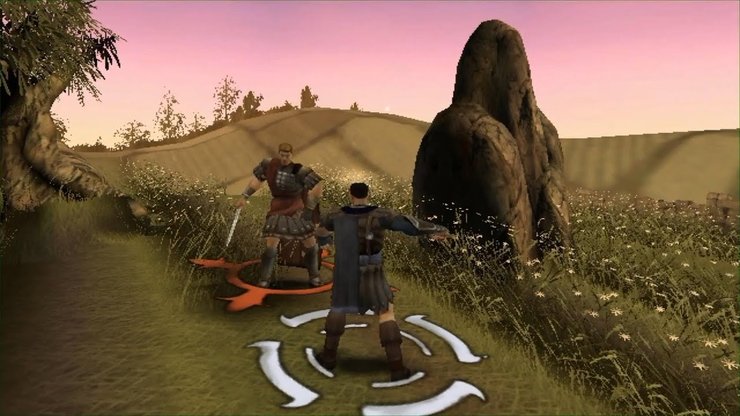
With an impressive multiplayer mode accommodating up to four players and a captivating campaign that spans diverse landscapes, Gladius found favor among those who experienced it during its release. Yet, despite its merits, the game remains relatively obscure, earning less recognition than it rightfully deserved.
>>> Read more: 10 Switch Games Similar To Zelda Tears Of The Kingdom
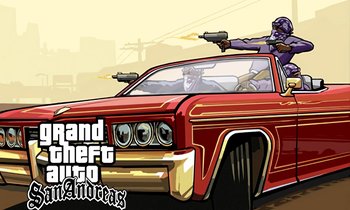









Comments